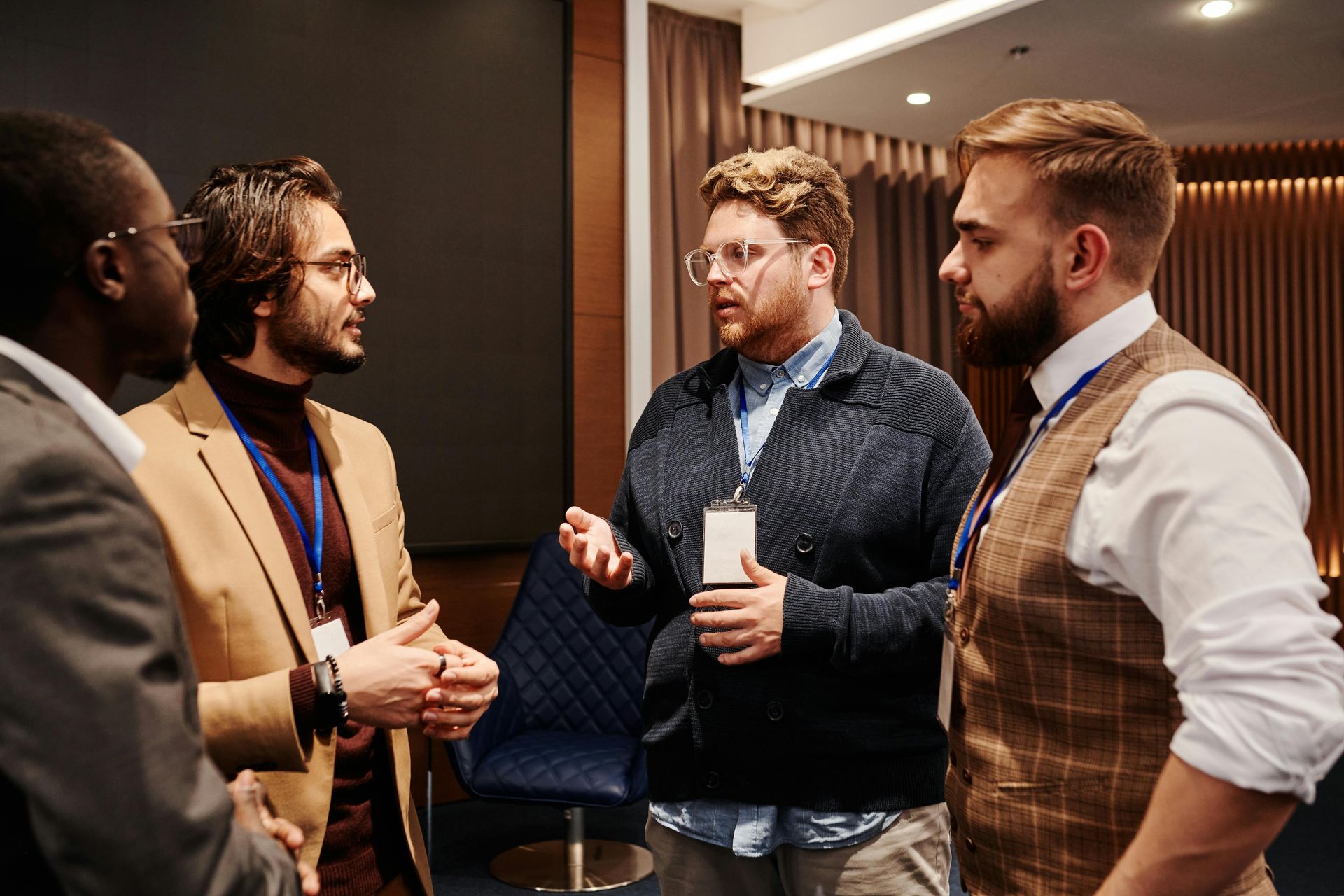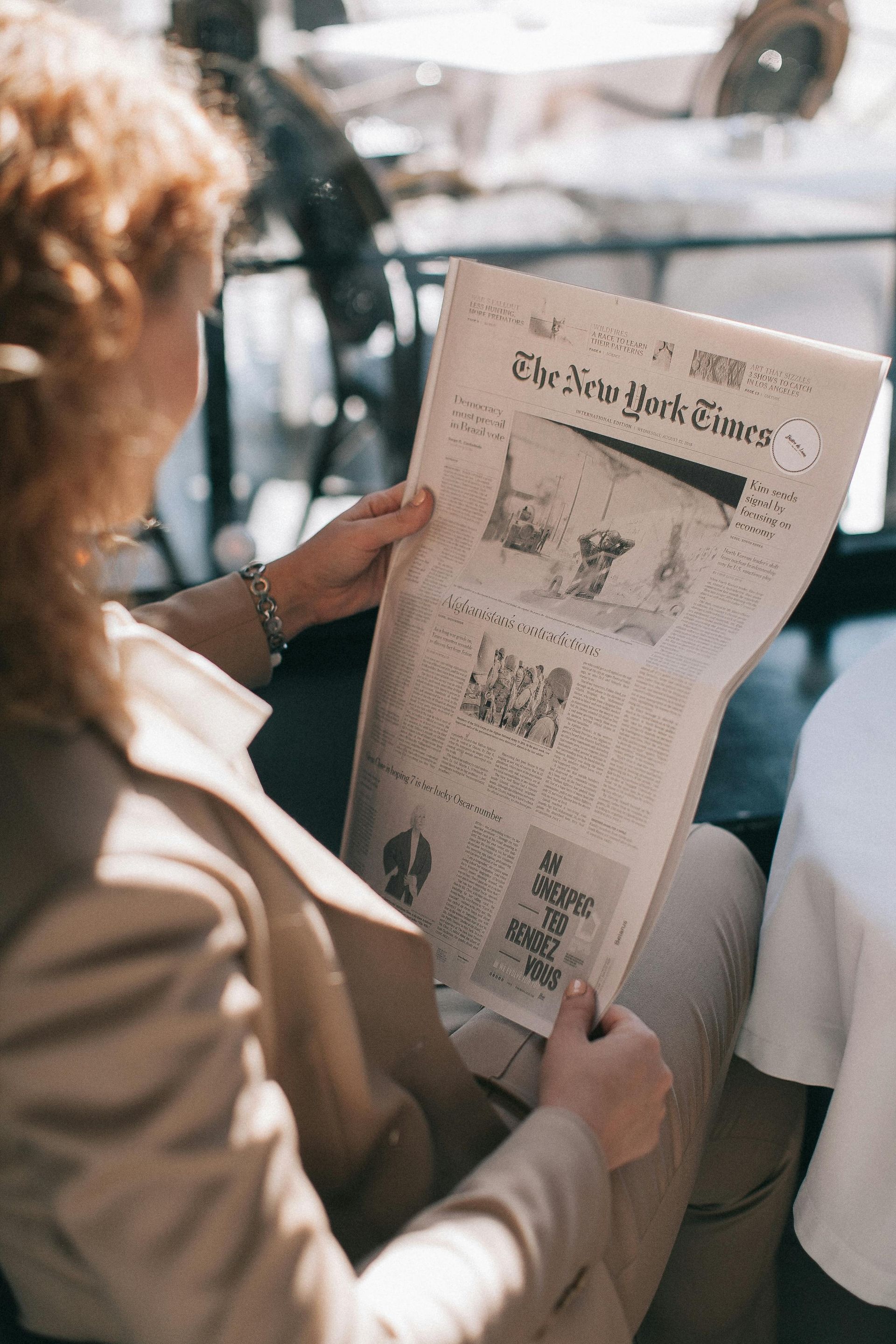Contact Us
Phone:
Email:
Location:
1234 Street Name, City, State 12345
Hours:
Mon - Fri 8am to 4pm
Sometimes the Right Is Right
Universities should work with right-leaning critics who want to strengthen academia’s distinctive culture, Jenna Silber Storey and Benjamin Storey write.
By Jenna Silber Storey and Benjamin Storey
Inside Higher Education
April 9, 2024
Universities today feel understandably besieged. State legislators are intervening in curricular debates, members of Congress are taking aim at university presidents, and public support for college is at historic lows. Because criticism of the university from the outside comes most intensely from the right, and professors and administrators on the inside are mostly on the left, it is natural for insiders to respond to external critics by appealing to partisan passions, summoning one another to the barricades, and attempting to repel the barbarian onslaught.
But framing the conflict in simple culture war terms misses important distinctions between the kinds of proposals the right is making for university reform. While some of those proposals would dismantle the university’s exceptional culture and are reasonable to oppose, others go with the university’s distinctive grain and deserve a more receptive hearing. University insiders should make an effort to distinguish between these two different kinds of proposals, even if they are packed into the same bill.
Those proposals coming from the right that would undermine the necessary distinctiveness of the university often pressure the university to conform to the norms of the commercial democracy beyond its gates. Efforts to abolish tenure seek to subject professors to the vicissitudes of at-will employment most others have to face. Drives to eliminate instruction in areas without immediate vocational relevance such as foreign languages and the humanities seek to regulate academic life by a narrowly construed standard of “return on investment.” Attempts to ban instruction in controversial or “divisive concepts” insinuate that intellectual life is political combat by other means.
Such proposals would undermine the university’s character as a community with a distinctive purpose and institutional structures to match. As Dan Edelstein has written, the university’s distinctive goal is learning, so its internal structures should advance scholarly integrity and a culture of wide-ranging debate. By supporting institutions with this exceptional purpose and the internal standards necessary to advance it, the larger society serves itself, albeit “indirectly,” as Robert Nisbet put it. It does so by creating a subculture in which learning, intellectual integrity and reasoned debate have primacy—just as profit, innovation and convenience have primacy in the business world, and power, security and justice have primacy in politics. Proposals that would make the university more closely resemble the rest of our culture would impoverish that culture by making it more homogenous.
Other proposals coming from the right, however, reflect an understanding of the university’s distinctive mission and can serve to strengthen it by giving professors and students the intellectual breathing room they need to do their work better. These proposals include rules to protect freedom of inquiry, to maintain institutional neutrality, and to protect conservative and religious student groups from undue interference. Some advance novel institutional innovations to help colleges better realize their aspirations to promote intellectual freedom and integrity, such as the creation of an independent judicial branch of the university.
But the proposals coming from the right that would most significantly assist universities in strengthening their distinctive cultures while regaining broad public trust are those that seek to help a more capacious range of ideas find a home on campus. Higher education’s trust problem is closely linked to its perceived partisanship; even Americans who love their alma maters do not like to see them become sectarian shops. Academics themselves increasingly recognize that there are important questions that go unasked, papers that go unwritten, and courses that go untaught when the faculty and administrative ranks of the university are drawn, by margins of at least ten to one, from a single side of the political aisle.
However, the attempt to rebuild viewpoint diversity while respecting the university’s distinctive culture is especially difficult, since it necessarily touches on core structural features of academic life such as faculty oversight of hiring and the curriculum. One good strategy to do so has been pursued by the new schools and centers of civic thought recently launched in public universities. All of the currently existing schools of civic thought have been created by Republican-led state legislatures or governing boards, but are led by serious scholars with impeccable records who are building academic programs with high standards. They furthermore attend to a need that is recognized on both sides of the political aisle—to restore university-level civic education—while offering courses in subjects that are especially likely to attract right-leaning scholars, like constitutional law, diplomatic history, and moral philosophy. If the professors designing these schools succeed in showing that their programs respect the difference between scholarship and propaganda—raising questions that might otherwise go unasked on campus, but then following those questions wherever they lead—they will provide a significant example of how the university can reform itself in response to fair criticism without betraying the culture of learning that it exists to embody.
While those concerned with protecting the university’s exceptional character are rightly wary of outside political pressures that interfere with academic life, it is worth remembering that the insider/outsider distinction is not adequate grounds for determining what helps or harms the university’s pursuit of its particular purpose. Forces from inside the university can threaten its work as much as forces from outside. Such internal forces have given us the replication crisis and the rise of campus antisemitism, and have made university teaching into a politically one-sided profession. As the first president of Johns Hopkins University, Daniel Coit Gilman, put it in his inaugural address, “universities easily fall into ruts.” It is often impossible to emerge from a rut without a nudge from outside. Those inside the university should welcome the efforts of reformers pushing the university from the outside when they are pushing the university toward a more complete realization of its integral purpose.
The on-campus left and the off-campus right too often treat the struggle over the university as a zero-sum game: a contest in which heeding the concerns of one side of our deeply divided politics necessarily comes at the price of alienating the other. Wise university leaders will recognize that it is in the nature of communities dedicated to learning and wide-ranging debate to be broader-minded than that. By demonstrating their openness to constructive critique and meaningful reform when it is justified, universities can rebuild some of the legitimacy they will need to resist proposals that threaten to dismantle their essential character.
https://www.insidehighered.com/opinion/views/2024/04/09/colleges-should-work-right-leaning-critics-opinion


Email:
Contact@dftdunite.org
Mailing Address:
PO Box 355
Davidson NC, 28036
Location:
Office Only - DO NOT MAIL
209 Delburg Street, Suite 107
Davidson, NC 28036
© 2022 All Rights Reserved | Davidsonians for Freedom of Thought and Discourse
Privacy Policy | Terms & Conditions | Disclaimer
Website powered by Neon One

